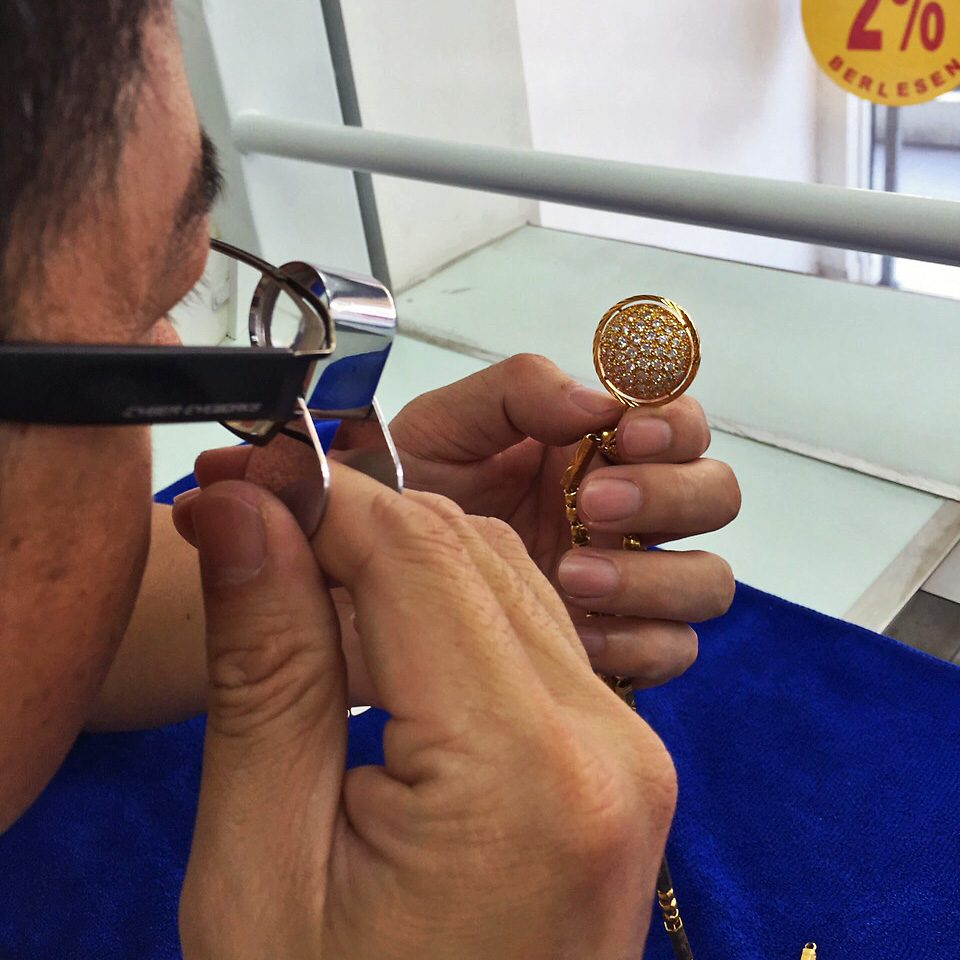Pawnshops are not uncommon and have existed for thousands of years. They first appeared in ancient China as a way of granting loans to people in need of cash. In Malaysia, the pawnshop business was started by the Chinese of Hakka descent who migrated from China.
Pawnbrokers Act in Malaysia
Pawnshops in Malaysia provide loans in exchange of valuable items. They have been around since 1871 after the Pawnshop Ordinance was introduced and it was then replaced by the 1972 Pawnbrokers Act. The latest version of the Act was passed in Parliament on 1 January 2004. The Act ensures that all pawnbrokers adhere to its strict rules and regulations which protect both customers and employees.
Read more at What is the difference between a licensed and an unlicensed pawnshop?
Why Pawn?
Loans provided by pawnshops can usually be ready within minutes of recording some personal details without a lot of questions asked. Some may also turn to pawnshops because of difficulties in borrowing from a bank as banks do a lot of background checks. A bank may decide not to loan to you if your CCRIS and CTOS reports are not up to their expectations. At a pawnshop, your CCRIS and CTOS ratings do not affect your loan. As long as you have an item of value (from a credible source), a pawnshop will be more than happy to loan to you.
Customers’ valuables are kept in a safe and secure place for the duration of their pawn. A pawnshop allows customers to redeem their valuables anytime within the pawning period or they may choose to renew their pawn ticket if they need an extension.
Unlike the pawnshops in some countries, the pawnshops here primarily accept gold. However, some are beginning to accept a wider variety of items such as branded watches, diamonds, branded bags, electronics etc. It is best to get in touch with your local pawnshop to check what items they accept before you visit their premises.
What is the difference between a licensed pawnshop and an unlicensed pawnshop?
In Malaysia, there are both licensed and unlicensed pawnshops. Some unlicensed ones either use a gold shop or a second hand shop as a front.
Governed by Law
Licensed pawnshops are under the strict purview of the Ministry of Housing and are governed by the laws of the Pawnbrokers Act 1972. All our pawnshop licences have to be renewed every 2 years by the MOH to ensure we adhere to all rules and regulations of the pawnbroking industry. Uninsured pawnshops are not under the purview of the Ministry of Housing hence they may not follow the strict guidelines set out by the Government.
Covered by Insurance
Licensed pawnshops must be insured. The Government requires that each licensed pawnshop be insured to protect every customer in the unfortunate event of a break in or theft and their valuables go missing. Uninsured pawnshops are not under the purview of the Ministry of Housing hence they may not follow the strict guidelines set out by the Government.
Secured Premises
The Government requires all licensed pawnshops to follow certain safety measures to operate a licensed pawnshop. This includes building a solid room in the premises, installing advanced security and alarm monitoring system and adhering to strict security protocols to protect both customers and employees.
Capped Interest Rate
Licensed pawnshops are not allowed to charge more than 2% in interest rate whereas unlicensed ones usually charge an exorbitant amount ranging from anything between 3% and 10% or more. It is wise to check what your local pawnshop charges before you pawn your valuables to avoid shocking charges.
Some unlicensed pawnshops collect interest upfront. For example, they value your gold chain at RM1000 and ask how long you would like to pawn for. Assuming you wish to pawn for 2 months and they charge you a 7% interest rate per month. Hence, RM1000 – (RM70 + RM70) = RM860.
If you visit a licensed pawnshop, you are only paying RM20 per month in interest. You also get RM1000 cash upfront instead of RM860. All licensed pawnshops are not allowed to deduct the interest amount upfront and pawn period has to be a minimum of 6 months and not 2 months in this case.
All customers have the right to ask if the pawnshop they visit is a licensed one. All licensed pawnshops should have their pawnshop license on display and the license is different from a business license, which should also be on display. A pawnshop license has the 1972 Pawnbrokers Act heading and is always signed off by a representative from the Ministry of Housing.
